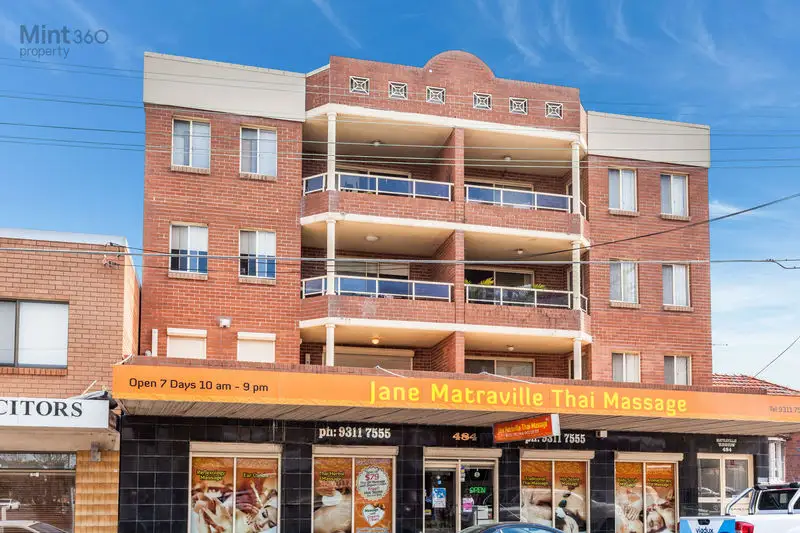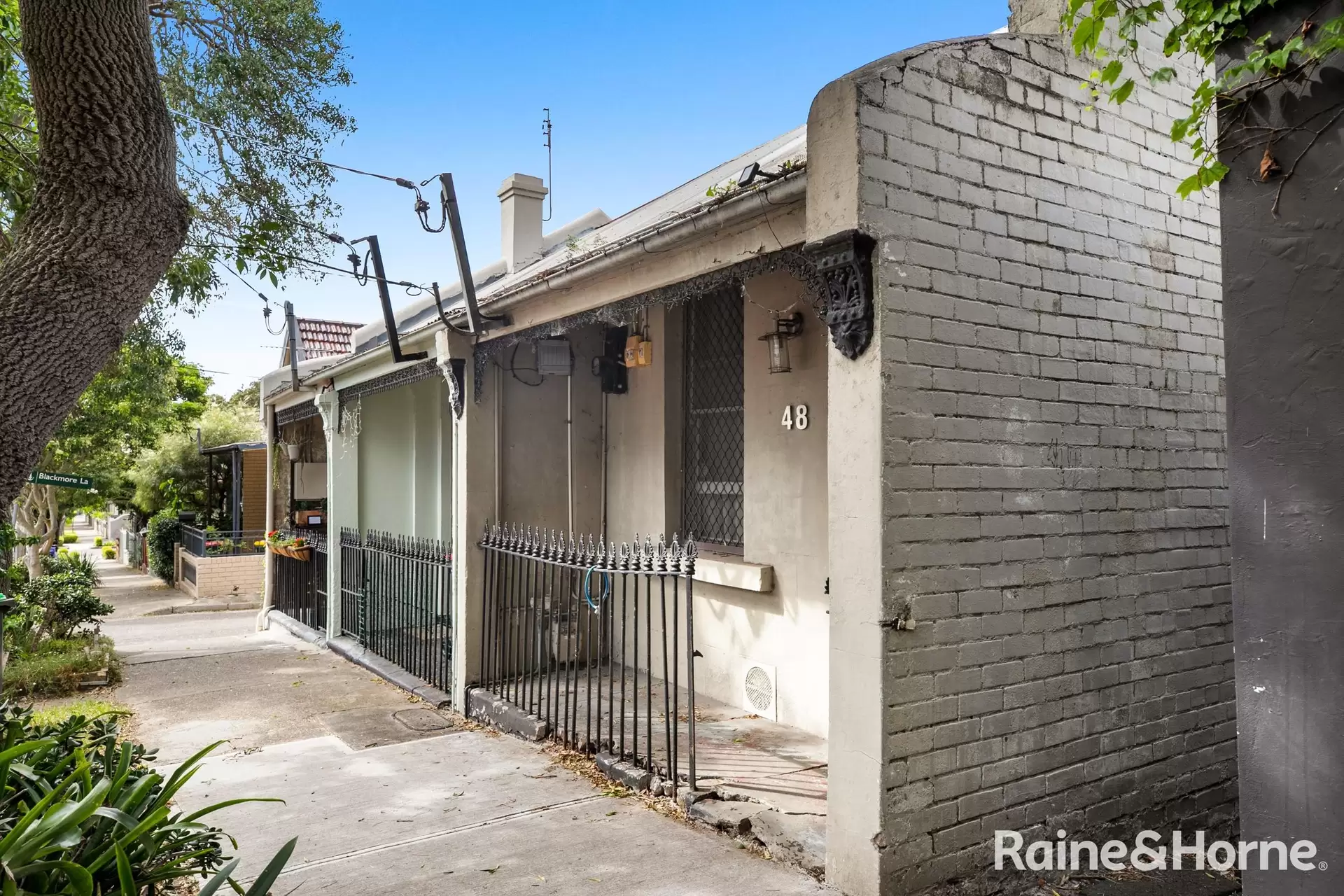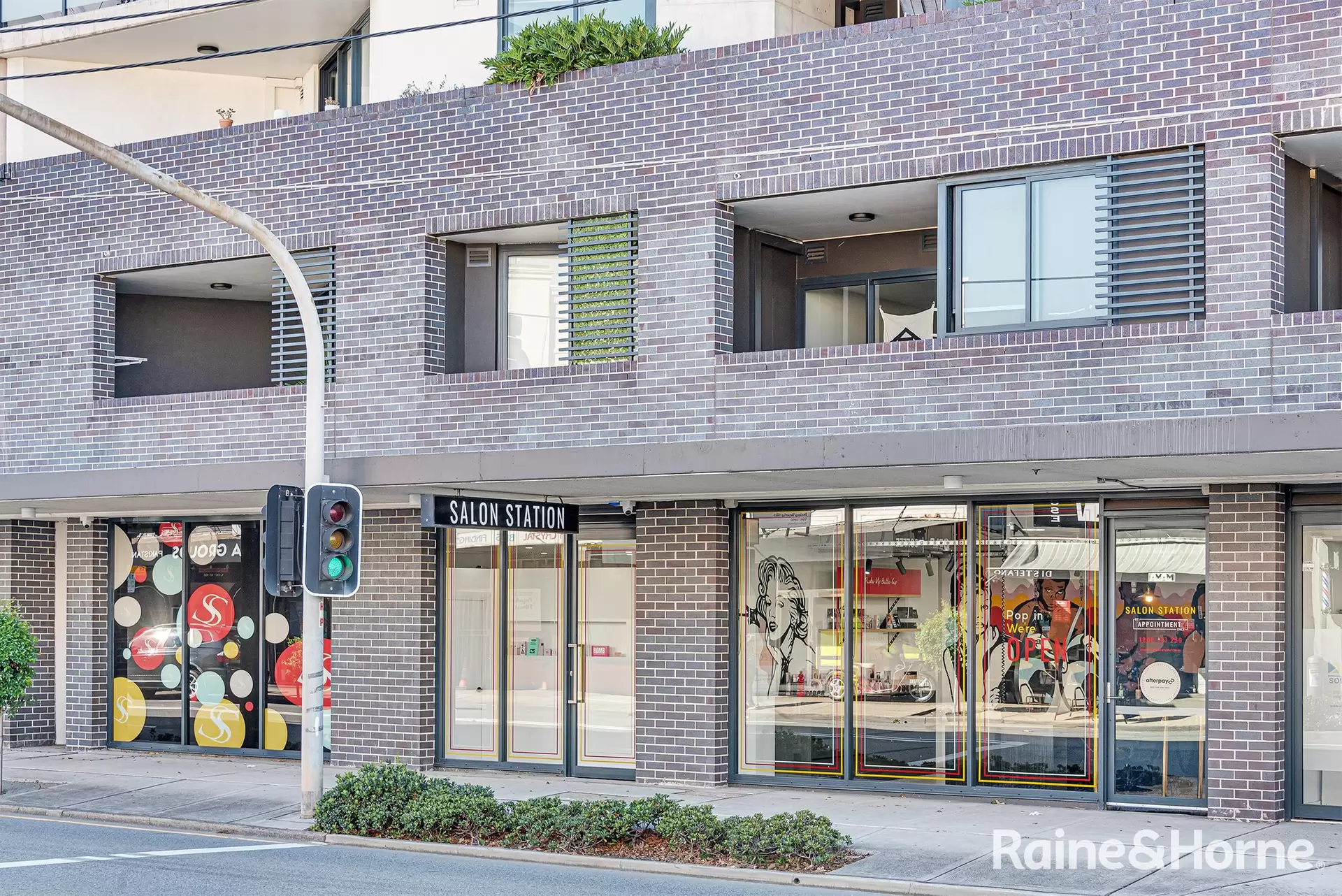We know a thing or two about property
Welcome to Raine & Horne Randwick | Coogee, where passion meets professionalism in every aspect of property. With years of expertise and a genuine love for what we do, we're committed to delivering the highest standard of service. Whether you're buying, selling, or renting, we're here to cater to your needs and exceed your expectations. Trust us to be your best place for all your property needs.

Just eight kilometres from the CBD and two kilometres from the coast, Randwick is the bridge between the city and the east.

Coogee is a beloved coastal suburb situated in the eastern suburbs renowned for its stunning beaches, vibrant atmosphere, and scenic...

Kensington is the quiet achiever that is more than happy to make a little noise.

Situated 7 kilometres southeast of Sydney's central business district and just 5 kilometres from the renowned Coogee Beach, Kingsford...

Just 10 kilometres from the CBD, Maroubra is home to one of Australia’s top surfing beaches where surf and turf reign supreme.

Approximately 9 kilometres south-east of the Sydney CBD is the quaint family friendly suburb of Hillsdale.

Only a short 7-kilometre trip from the CBD, you’ll be spellbound by Clovelly’s natural beauty with gorgeous ocean pools, lush parks and...

Ranked as one of Australia’s top suburbs with it family-friendly lifestyle, lush parkland and spectacular beaches and just 7 kilometres...

Situated just 7 kilometres east of the CBD and a short distance from the golden sands of the popular eastern beaches, lies the charming...

Situated at the core of Waverley Local Government Area, Bondi Junction is a mere 6 kilometres or a quick 7-minute train journey away from...

Just 8 kilometres from the CBD, Bondi’s laid-back beach lifestyle is the epitome of Sydney living.

Botany in the state’s southeast is just 10 kilometres from the CBD with access to nearby beaches and the airport, Botany remains a quiet...
























